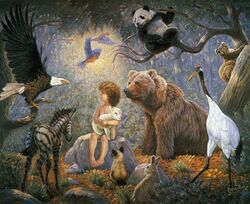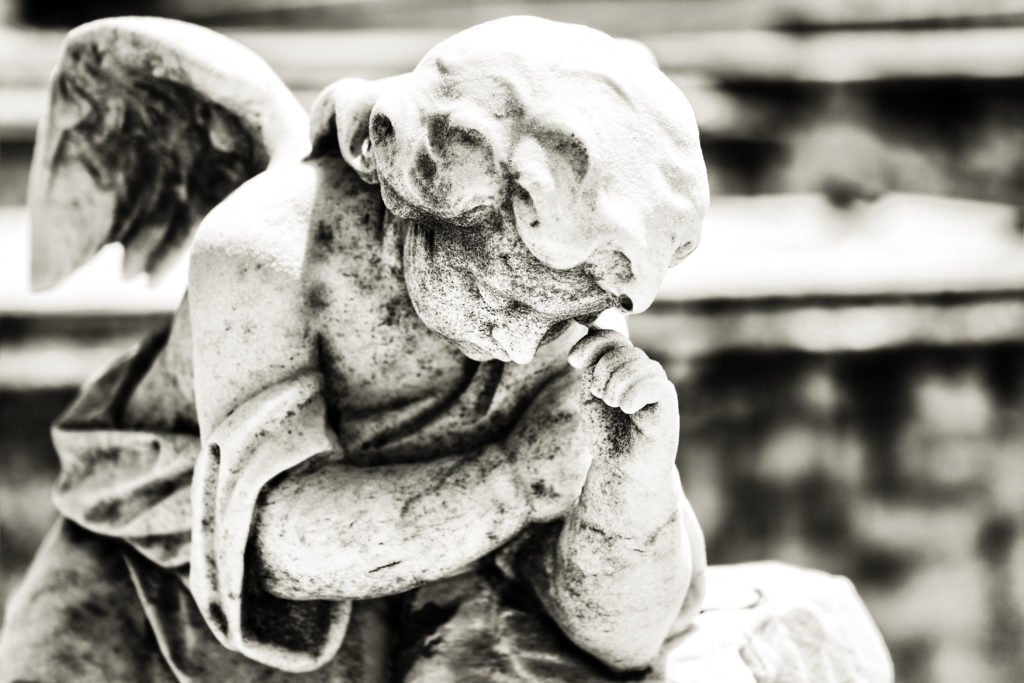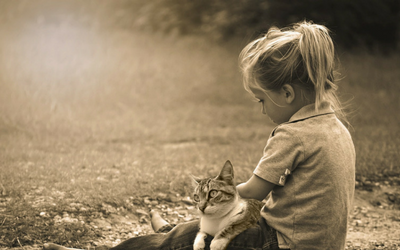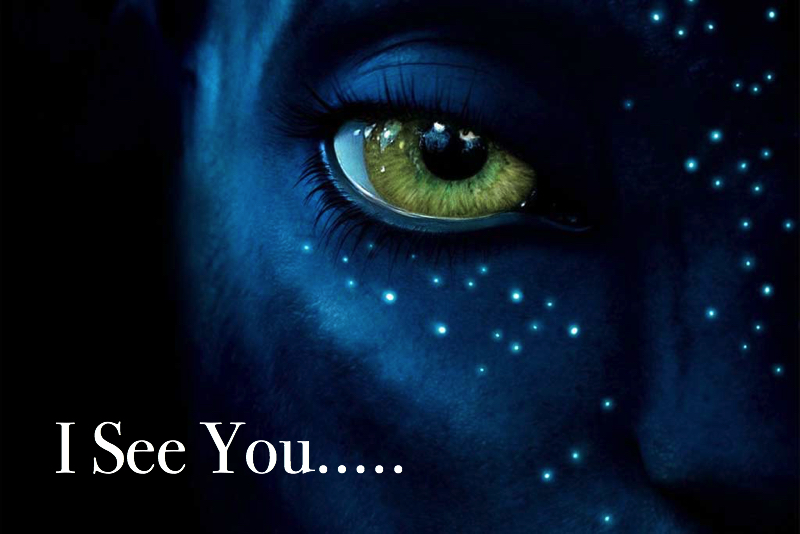|
A minister friend of mine recently invited me to an Affinity Group for Disenfranchised Grief. The invitation intrigued me. At the time, I was reeling from a conversation where I felt completely misunderstood. I had never heard the of “disenfranchised grief" before, but intuitively felt it fit me. When I searched the term, this is what I found: “Disenfranchised grief is grief that is not acknowledged by society, either because it isn’t considered valid or because it needs to remain underground. The loss may not be seen as important by others. The specific type of loss may not be acknowledged or is stigmatized. Some people are not seen as entitled to grieve.” Disenfranchised grief is forbidden grief. It is a grief relegated to processing in silence or being left unprocessed. It can be driven into the shadows, or generate scars of resentment. An example is grieving over a child who is imprisoned for sex offense or murder. How can a person openly talk about such things? Pet loss is also an example of disenfranchised grief. People can be judged for mourning their animal companion for too long. “You’re not over that yet? She was just a dog!” On the other end of the spectrum, some fail entirely to honor the grieving process for their animal friends. Sarah Bowen, author of Sacred Sendoffs: An Animal Chaplain’s Advice for Surviving Animal Loss, Making Life Meaningful, and Trying to Heal the Planet, was recently a guest on my podcast. She shared a story about the death of her childhood hamster, who was merely replaced. As children, we may have watched our hamsters get replaced or our dead fish get flushed down the toilet and disappear, all at the hands of well-meaning parents who didn’t want us to be sad. Despite the best of intentions, these actions condition children to skip over grief. But where do the feelings go? I experienced so many instances of pet loss while growing up. I didn’t just grieve for pets though. I also grieved the blue jays that my neighbors shot with their BB guns. I grieved the rabbit that I saw packaged as ‘meat’ in the freezer section of the grocery store. And those poor lobsters stuck in those small tanks in the same store. I wanted to free them all. I grieved the dead deer riding atop someone’s truck during hunting season, struck down in the prime of life, no longer able to run free in the meadows and forests. And the mink in my mother’s fur coat. I was the sensitive child in a very busy family of five kids. There wasn’t a place for grief there. We never talked about it. So, I grieved quietly, on my own. People with a sensitivity toward animals are generally not understood. So often characterized as ‘overly sensitive’ on one side of the spectrum, and ‘militant’ on the other, we are accused of shaming people or telling them how to live when we share our perspectives, stand for what we believe in, or question the status quo. In some cases, it may be deserved. But perhaps what looks like militancy or shaming isn’t that at all. Perhaps is just an expression of unadulterated, unresolved, unaccepted, invalidated grief. Like every other grieving soul, we just want to be seen, heard and held. The revelation that I recently had is this: Even though I am a person who is generally playful and joyful, I live a great deal of my life in a state of grief. It’s just below the surface, conscious but held at bay. It can rise to the surface unexpectedly when I see a slaughterhouse truck on the interstate, when I hear people share organ meat recipes, or when I see the container of milk in my family’s refrigerator. Every time I walk down the meat or dairy aisles in the grocery store, I experience the tragic loss of life – so many individuals who lived in abusive conditions, anxious and facing the knife as younglings. I grieve not because I carry unresolved grief from my past, but because I am aware of their reality. It is grim, not the fantasy promoted by corporations. The grief is real. Yet it’s completely forbidden because nearly everyone – friends and family who I would normally turn to – participate in the conditioned system that says it’s all okay. Could this even be shared in a disenfranchised grief group? Or would the mantras of society scream out in its usual ways: “There are people with real trauma.” “They’re just animals.” “What about all the children?” “What about war?” “Stop shaming us!” If all grief is valid, then so is mine. And so is yours. There is no conservation of grief law and there is no hierarchy to life. Grieving an animal does not render insufficient the grief we can feel for humans. All life matters. We are one family after all.  © carol saunders 2022
0 Comments
Your comment will be posted after it is approved.
Leave a Reply. |
AuthorRev. Carol Saunders I am an ordained Unity and Interfaith minister, speaker, writer and lover of all life. In 2010 I founded a spiritual community in Deerfield, IL, a suburb of Chicago, and led it through mid-2021. In my current ministry I host a podcast called The Spiritual Forum and an annual Whole Planet Spirituality Retreat at Unity Village, Mo. Being a voice for the animals and a light for the spiritually-inclined who are willing to seriously examine the self and begin to awaken, are what Spirit has called me to be. I am here to support anyone who wants to move toward living in closer alignment with their deeply held spiritual values - i.e. sovereignty, freedom, love, peace and kindness. We have the power to change our world by changing ourselves. A first step is identifying and releasing all the cultural conditioning that normalizes cruelty and violence. Be Love. Be Peace. Be Kind. Today.
Join our mailing list!
Categories
All
|



 RSS Feed
RSS Feed